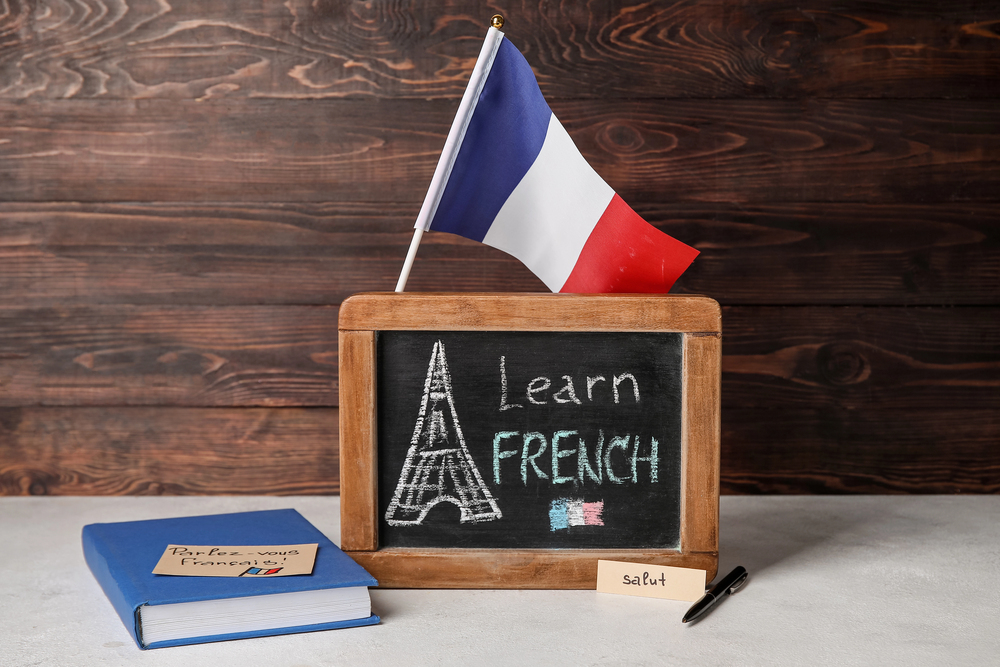

The French language is historically rooted in English culture. In 1066 the Normans won the battle of Hastings and invaded England. William the Conqueror became King of England and the French language the official language of the Court.
Thus, there are many French words or expressions in the common Anglo-Saxon vocabulary. The favourite themes in which the French language is used are representative of our French culture: gastronomy, fashion, art, cinema and love.
During a rendez-vous with my fiancé, we went to a french café. We began the menu with an apéritif and some amuse-bouche. Then we decided to eat a boeuf bourguignon with delight à la carte. After a “bon appétit” we ate our dishes.
Famous throughout the world, French cuisine is renowned as one of the most refined.
Its influence is such that the French gastronomic vocabulary has also spread around the world and has established itself well beyond the borders of France.
For example, the words "vinaigrette", "crème brulée", "croissant", "baguette", "eau de vie" but also " embonpoint " or " bon vivant " can be found in the Anglo-Saxon dictionary.
He is such a bourgeois! His only raison d'être is to be à la mode.
If "style" or "look" are words borrowed from English, "chic" is indeed French.
In this fashion register, it is completed by "chignon", "coquette", "décolleté", "prêt-à-porter" or "haute couture" among others.
From art vocabulary, the terms "avant-garde", "masterpiece" or « trompe-l'oeil » also blend into the lexicon of fashion.
The French language is a woman. And this woman is so beautiful, so proud, so modest, so bold, so touching, so voluptuous, so chaste, so noble, so familiar, so crazy, so wise... that we love her with all our souls and we are never tempted to be unfaithful to her.
France and its capital are renowned as the romantic place par excellence.
We come to deposit a locker that will seal an eternal love on the Pont des Arts.
This idyllic representation makes the French language the language of love. Thus, the terms "coup de foudre", "femme fatale", "fiancée" or even (but less romantic) "ménage à trois" are reused outside France.
Among the many expressions of the French language that have crossed the English Channel and the Atlantic, we also find:
Want to find out more?Visit the International City of the French Language in the heart of the beautiful Château de Villers-Cotterêts. A cultural and living space dedicated to French-speaking cultures and to the language of Molière, reputed to be one of the richest (and therefore most complex) in the world.
Auxane from Comme des Français
----
Continue reading with these articles